
What is HR Automation? The Top 13 Automation Tools to Transform your HR Processes
Automation has long been portrayed as a job killer. A 2020 report by the World Economic Forum—yes, released before the AI chatbots took the Internet by surprise—projected that more than 80 million jobs would be displaced by automation by 2025.
The report immediately added that, in the same timeframe, almost 100 million jobs would be created thanks to automation. That’s a considerable net profit, and HR teams will be a big part of it. Rather than replacing them, automation can free up their time so they can invest their energy in meaningful activities and complete tasks such as deciding which new jobs a company needs or fine-tuning a company’s culture manifesto.
And the best part? HR automation is easy to set up.
What is HR Automation?
HR automation means using technology and digital systems to reduce manual effort and simplify different tasks in human resource management.
By automating the manual tasks in HR processes like payroll management, benefits enrollment, screening, and training event scheduling, the HR staff and professionals can save time, scale down mistakes, and focus on strategic activities—rather than punching in Ctrl+F and manually searching for a keyword in a resume.
Benefits of Automating HR Processes and Workflows
HR automation is not only efficient but also a game-changer for modern HR teams. Why do we say “game-changer”? Because HR automation changes the role of the HR managers, who're now freed from the administrative burden of manual HR processes. As we said, by using technology to simplify repetitive tasks without human error, HR employees can concentrate on strategic initiatives that drive business success.
What exactly are the key benefits of HR workflow automation?
Better productivity rates
A study found that 69% of HR professionals using automation reported a significant decrease in time spent on tasks like hiring and employee onboarding. A study by Slack found out employees were “winning,” on average, almost a month per year thanks to automation. You can also frame this as reduced costs.
Improved employee satisfaction
Automated processes save time and frustration for employees. A Salesforce survey found that almost 90% of workers were more satisfied with their jobs because of using automation at work.
Data-driven decisions
HR automation enables your HR team to track key metrics to optimize HR programs and measure their impact on the organization's success.
Compliance confidence
With correct e-sign automation, HR professionals can address compliance challenges such as getting a proof-of-receipt or meeting GDPR requirements, which could spring up when onboarding an employee based overseas.
Fewer errors
Humans are prone to mistakes, especially in repetitive tasks. HR automation minimizes errors caused by manual data entry, missed deadlines, or miscalculations.
Which HR Processes Can Be Automated?
Let's take a closer look at the specific processes these benefits apply to.
Tracking and Managing Requests
An ideal HR automation tool simplifies the entire process of time off requests for both employees and managers. With good enough HR process automation software, employees can easily submit requests and get automatically approved.
Hiring
HR automation systems, like an ATS, can easily deploy a Careers site and can then screen the resumes that come through. It can also help draft job descriptions and keep in touch with the candidate pool.
Onboarding
An HR automation platform can automate essential steps, guaranteeing a consistent and positive employee experience for new hires. With HR automation software, the IT staff can access asset management tools and get alerts of when a new employee needs a laptop, for example.
Gathering Data
A dependable platform should provide a single source of truth for all employee data. Track hires, departures, and organizational changes within a centralized system. Team members and managers can easily access employee information like contact details, working hours, and birthdays. It’s automatically collected and presented to them.
Learning from Employees' Experiences
Automation software helps the HR department team gain a more in-depth understanding of their workforce through reporting features. These features allow tracking employee turnover, analyzing gender ratios, and looking at salary ranges across departments. Reports can be exported for further analysis and shared with senior management to inform strategic HR decisions.
Your HR team can also move beyond basic data points by incorporating employee and manager feedback.
13 HR Automation Software to Try
Here are some different HR automation tools you can try according to the particular task or manual processes you would like to simplify:
1. TalentHR: Your All-In-One Platform
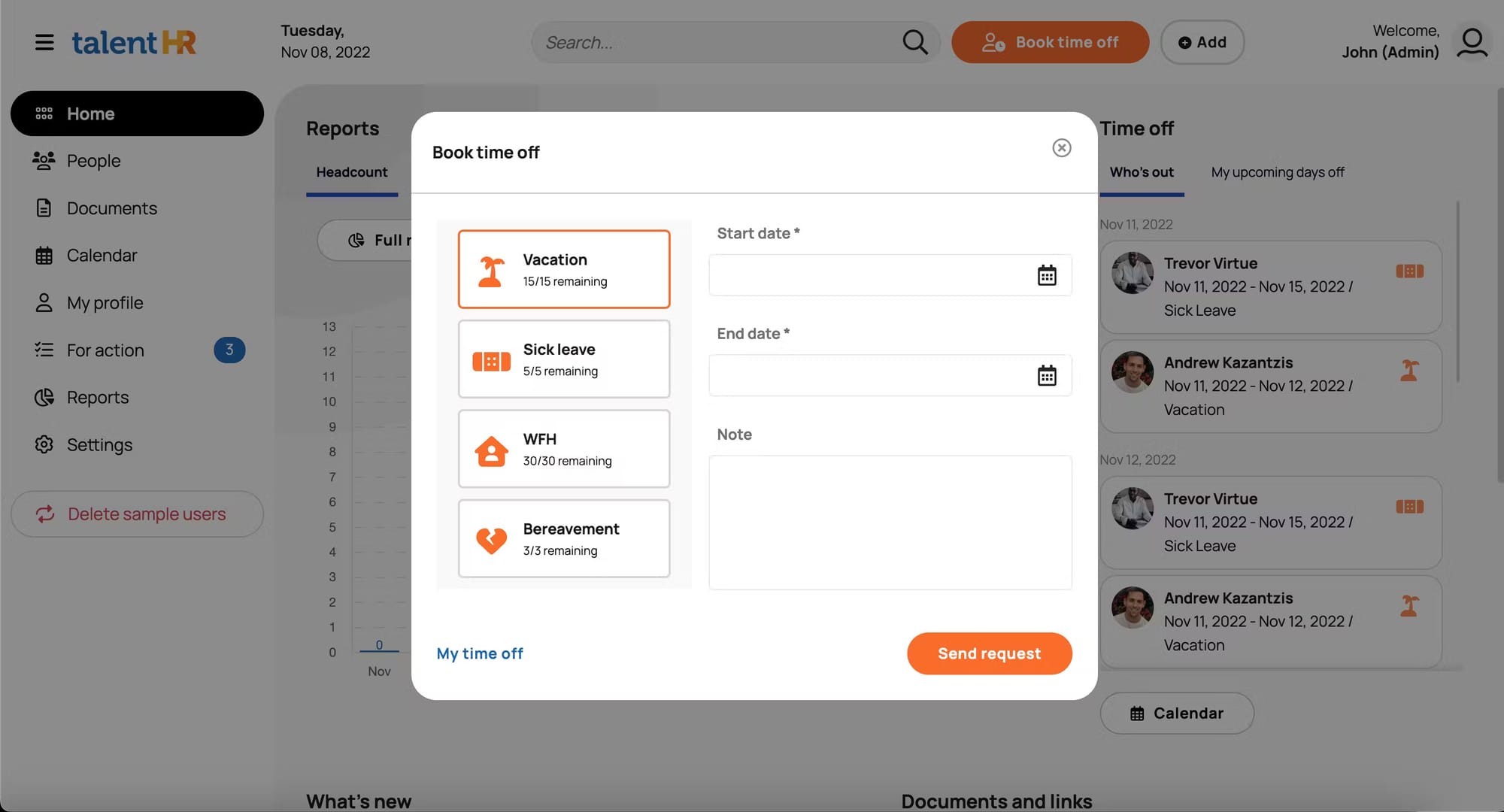
TalentHR is a comprehensive HR process automation platform. Why comprehensive? Because it’s an all-in-one platform that automates core HR processes like the ones previously mentioned, including:
- Applicant tracking and recruitment: Manage the entire recruitment process, from attracting top talent with a custom Careers page to automating the onboarding process for your new employees.
- Time-off management: Enable your employees to submit, manage and approve time-off requests digitally, tracking who's in and who's out at any time with an automatically organized calendar.
- Employee data management: Maintain a centralized and secure location for all employee data, improving data accuracy and accessibility.
- Performance management: Set up a well-oiled performance management system to promote a culture of continuous improvement and identify areas for growth within your team.
- And there’s still more: TalentHR offers a wide range of additional features to optimize onboarding, offboarding, and benefits administration.
2. TimeClock Plus: Attendance Tracking
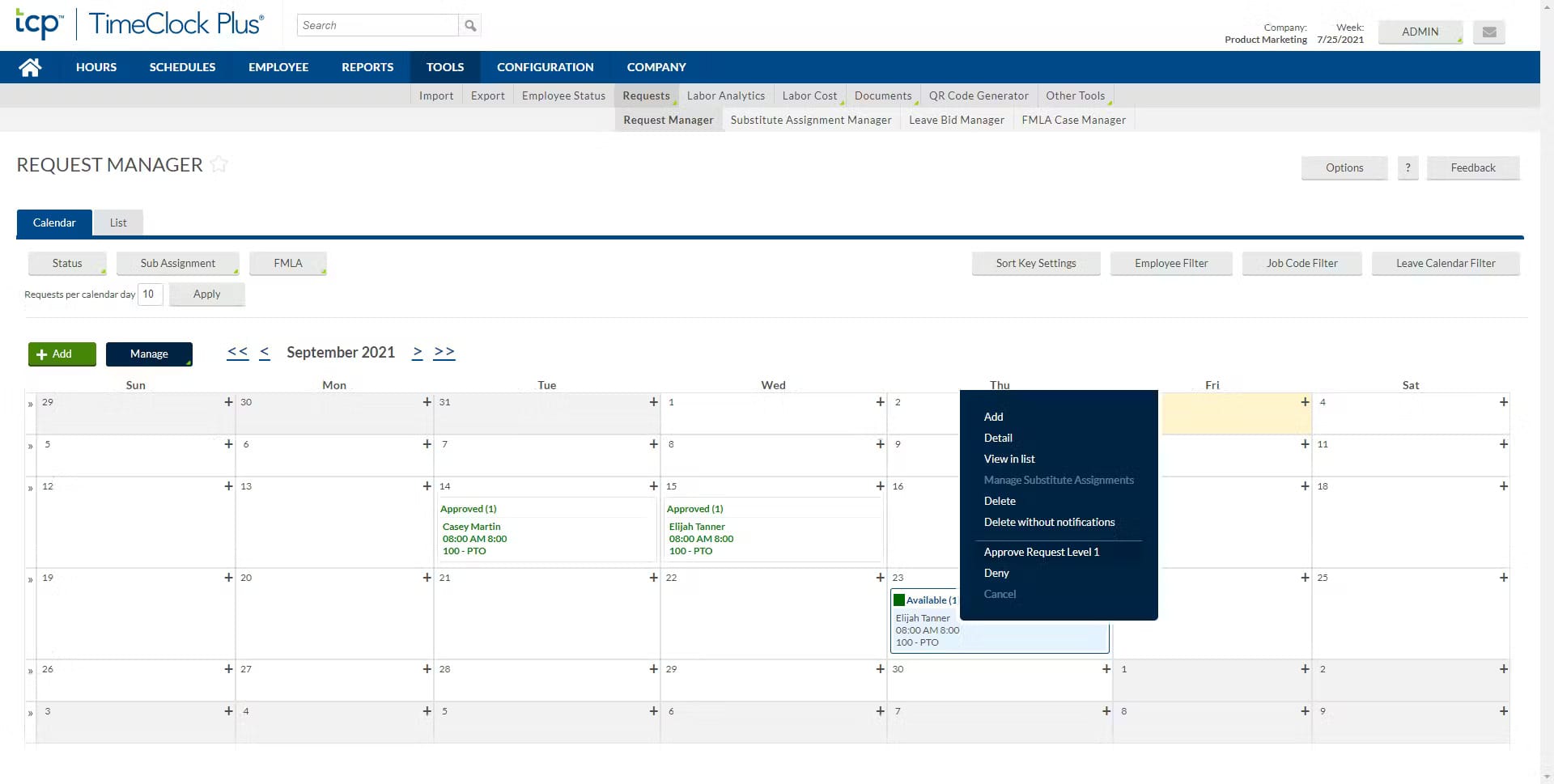
TimeClock Plus is a cloud-based software to track attendance for employees and managers alike. Now, unfortunately, many employees consider time tracking as micromanagement, so be cautious if you want to roll out this solution on its own and not as part of a suite.
3. Gusto: Payroll Processing
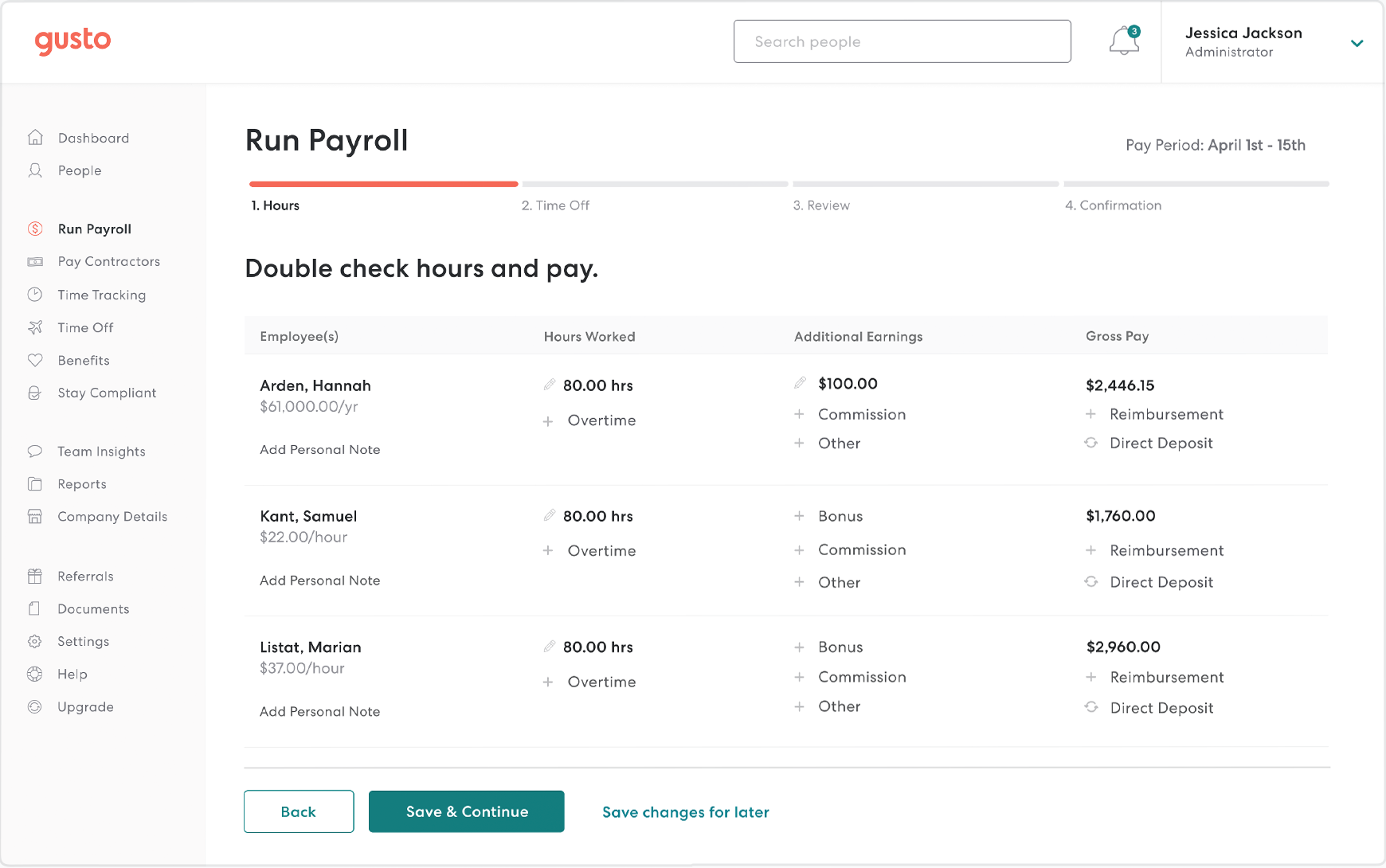
Gusto offers a tool for simplifying payroll processing, even for employees outside your HQ’s country of operation.
4. Visier People: HR Data and Reporting
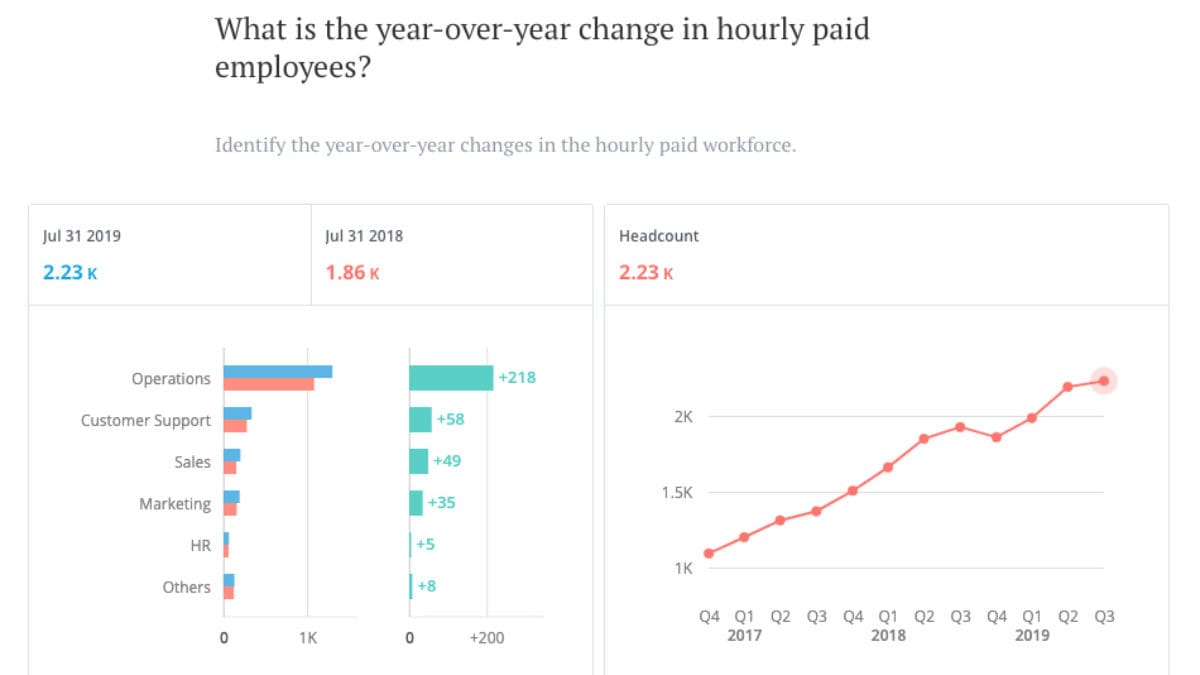
Visier People is an HR automation tool and platform that allows you to gain practical knowledge of your workforce with reporting features.
5. Kissflow HR Cloud: Employee Leave Management
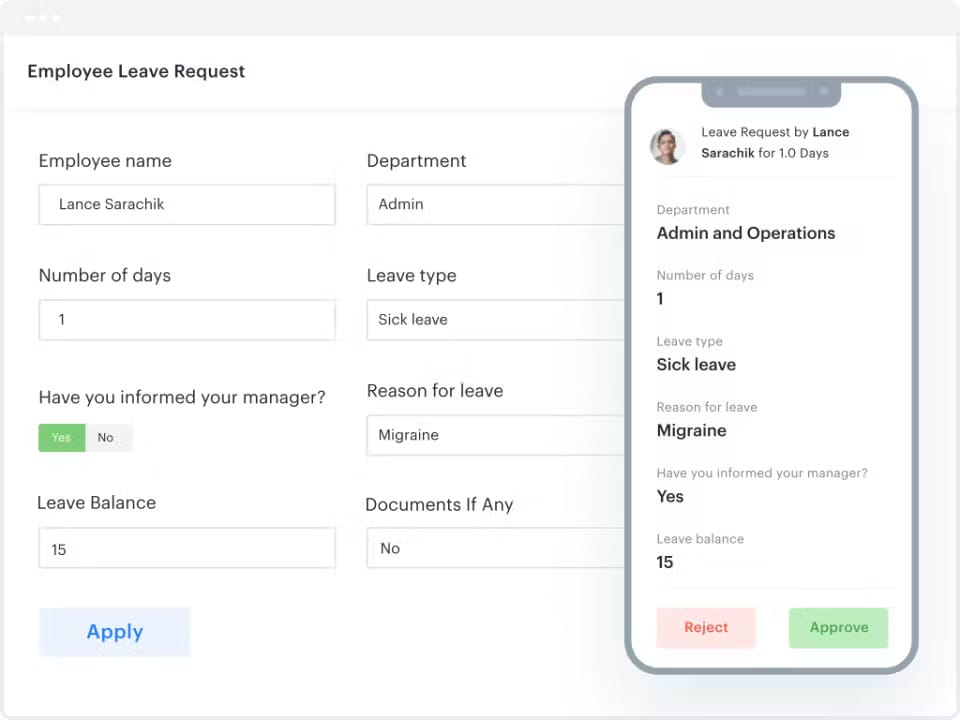
Use Kissflow HR Cloud to automate leave request manager approval processes. However, it would be ideal if it were integrated with the payroll and other employee benefits and satisfaction suites.
6. Experian: Background Checking
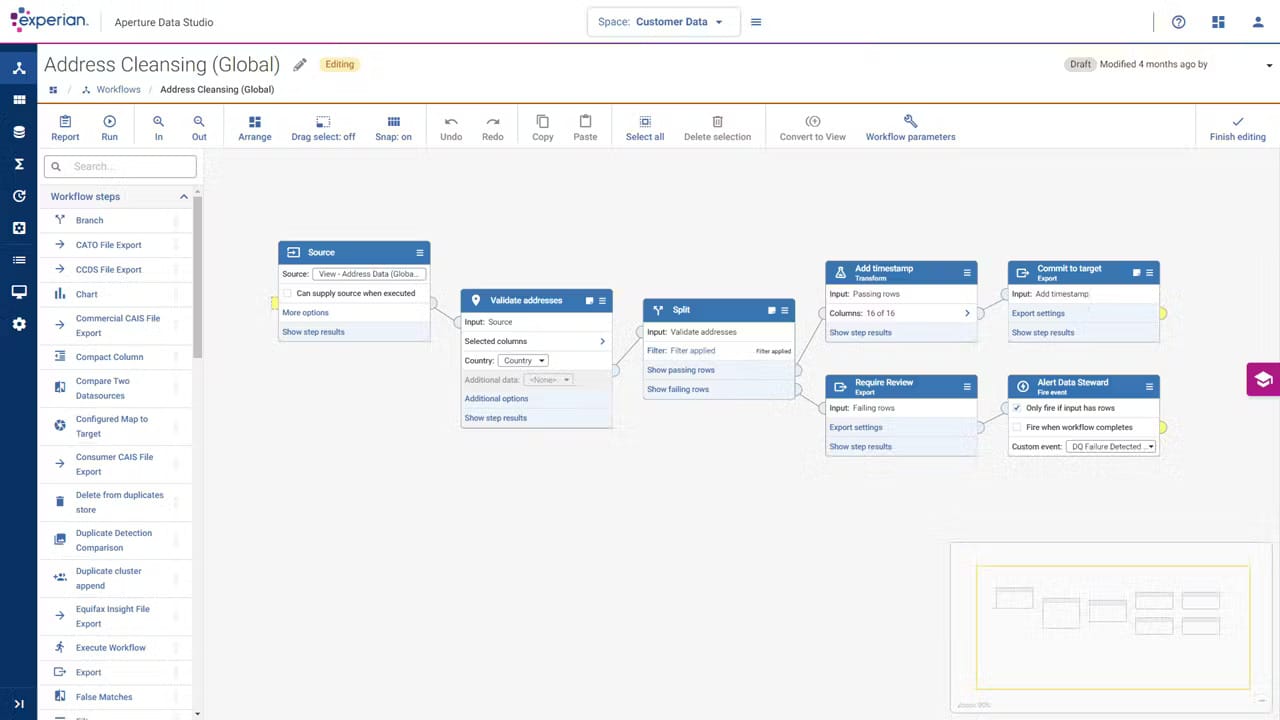
Try Experian for a secure and compliant hiring process with thorough background checks. It should ideally come with an ATS that screens resumes.
7. RSign: Contract Signature Automation
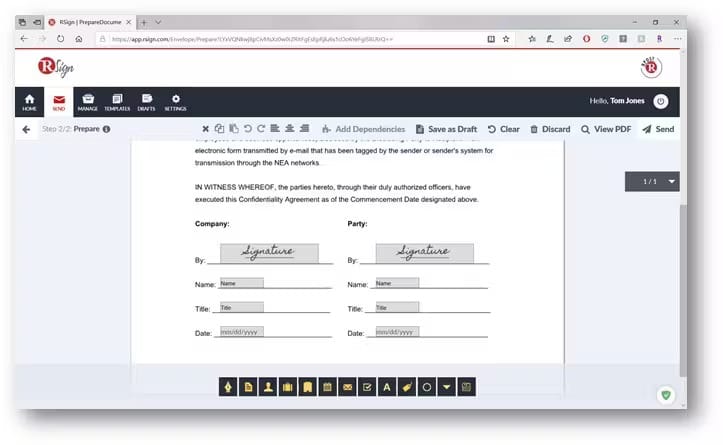
RSign is an e-signature solution that comes with easy workflows and affordable pricing plans.
8. Slack: General Workflow Automation
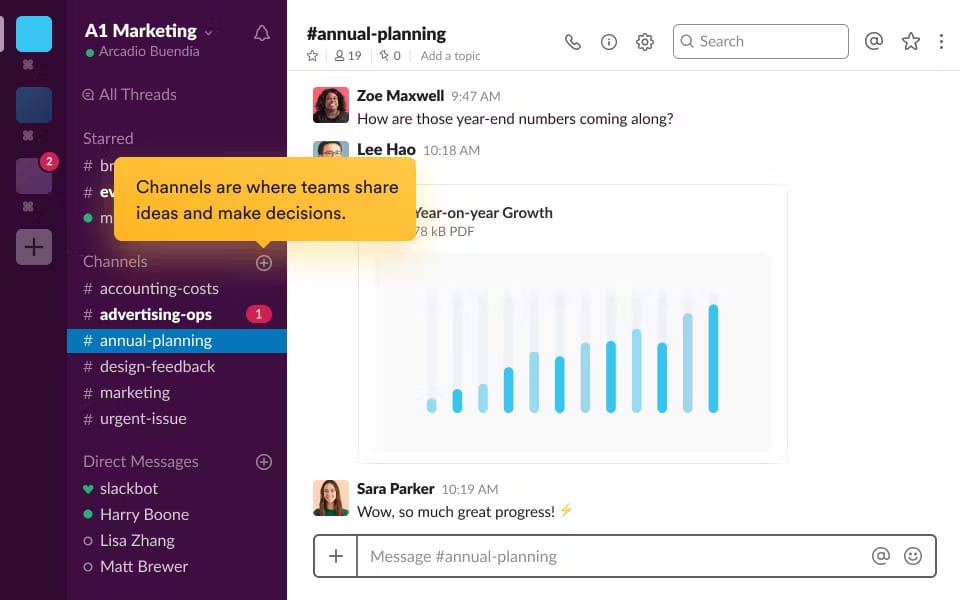
Slack is a very useful ally for automating reminders, notifications, and routine tasks within your existing communication platform. No wonder, they conduct eye-opening surveys on the value of automation.
9. Zapier: Customizable Automation
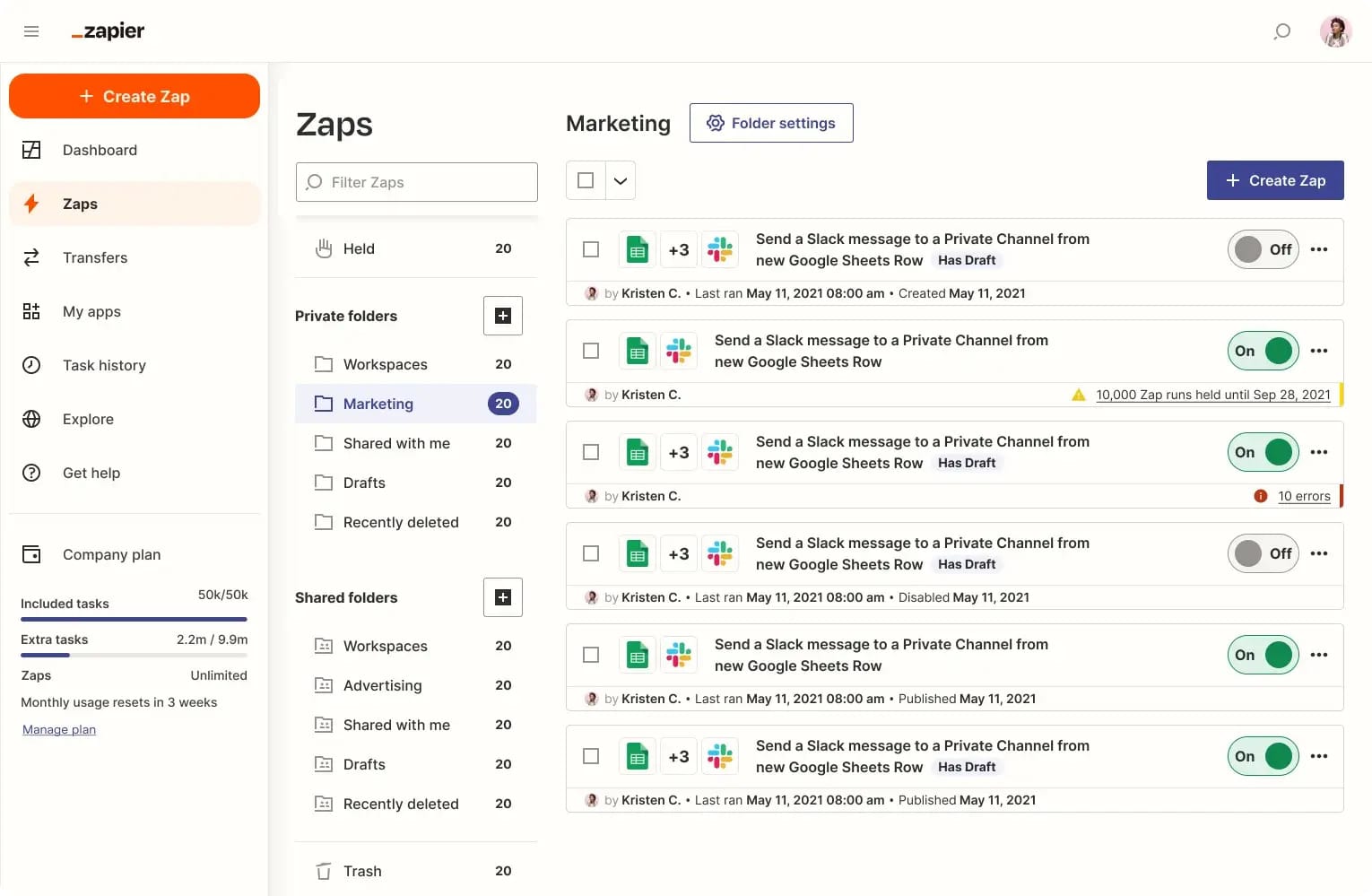
With Zapier, you can create custom automation workflows to connect different HR tools and applications. HR solutions with an API will help build the workflow at each organization’s preference.
10. Textio: Addressing Bias in Hiring
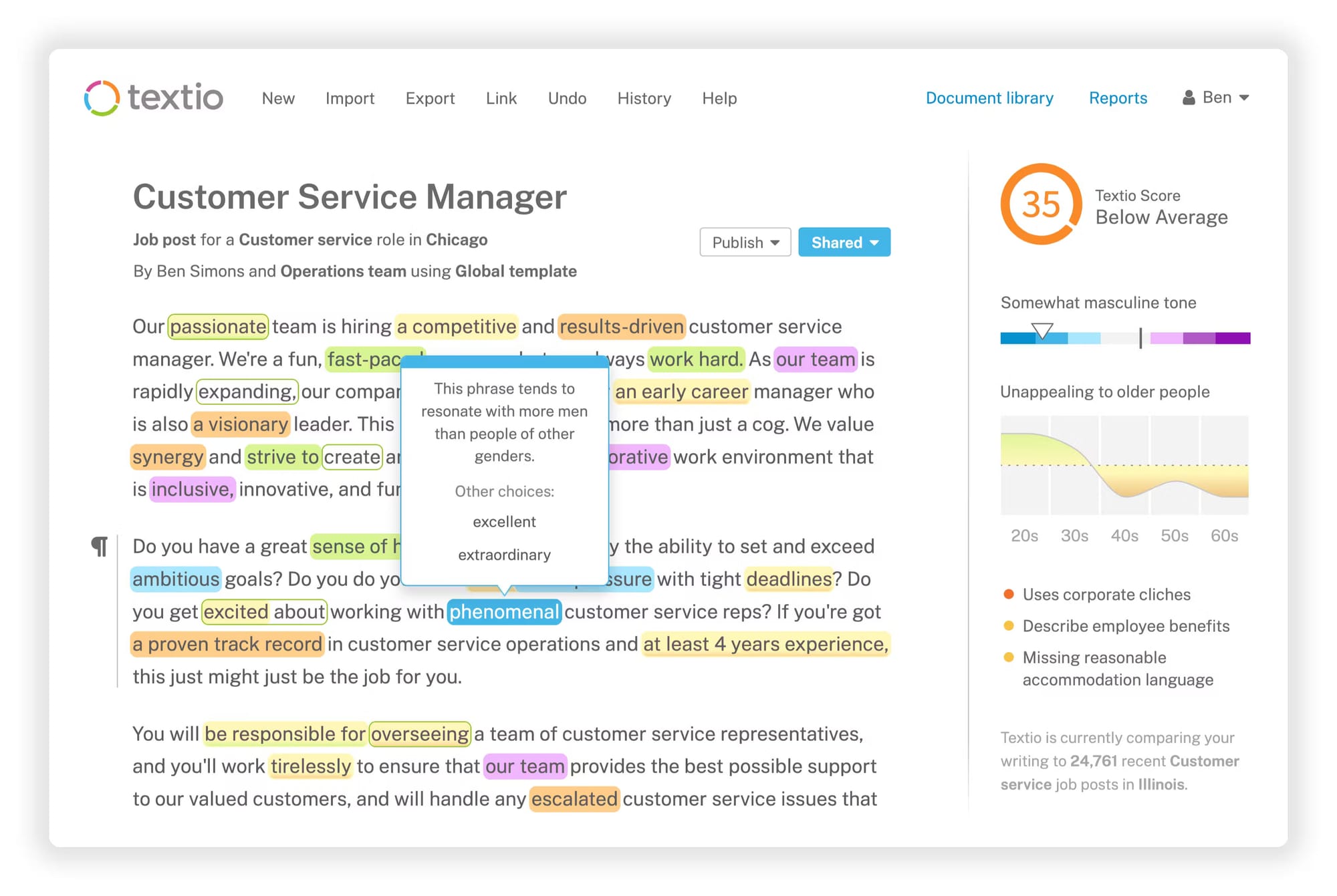
Textio analyzes job descriptions and communications to identify and eliminate unconscious bias from your job ads too. Or you can directly use a more elaborate AI job ad writer instead.
11. SeekOut: Sourcing Passive Candidates
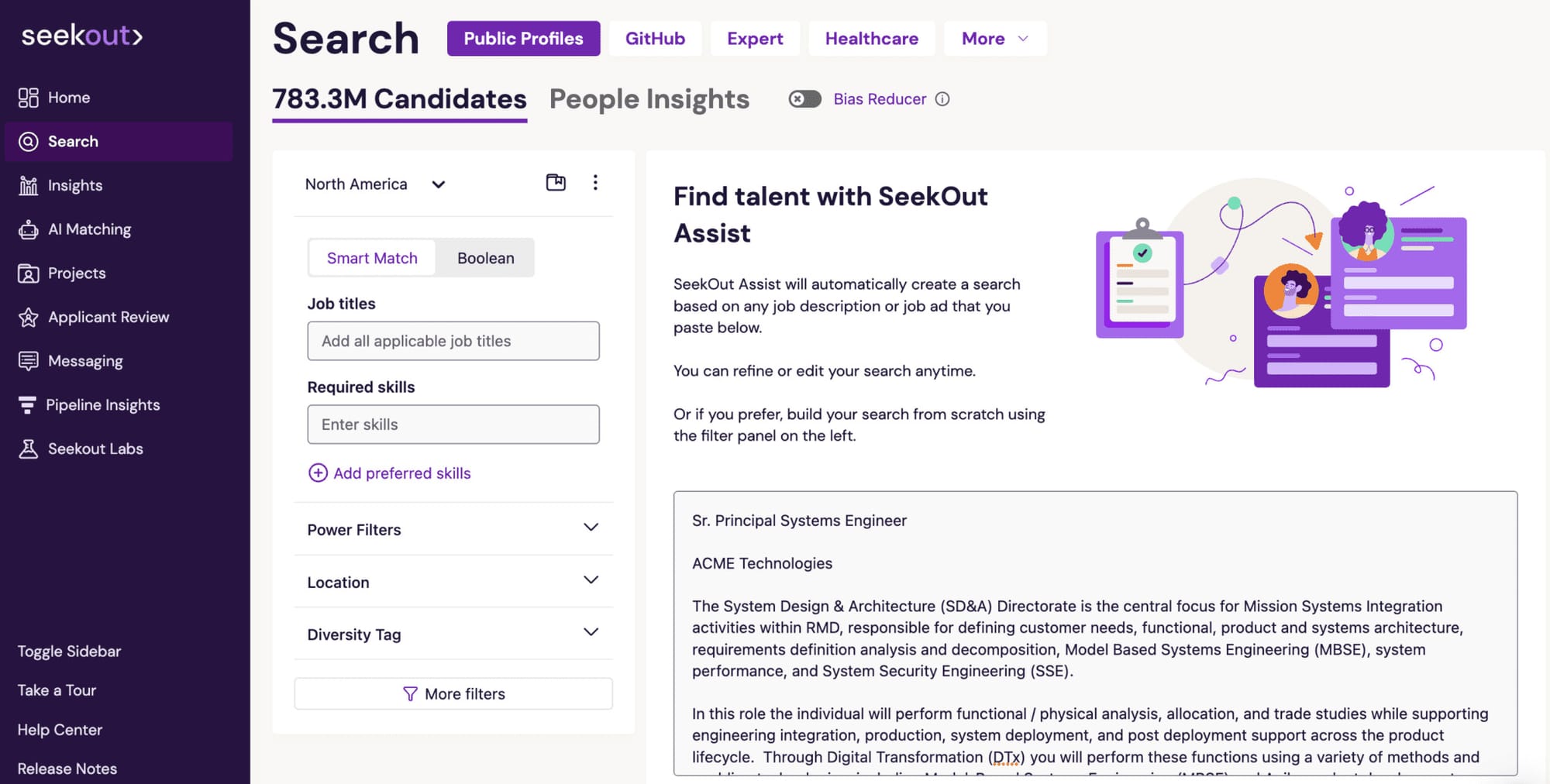
SeekOut targets passive candidates—skilled professionals who are not actively applying—from platforms like GitHub and LinkedIn. It also offers features like diversity filtering, blind hiring mode, and talent market information. If you’re going to use this, then complete it with the info you’ve collected with your ATS.
12. Monday.com: Project Management
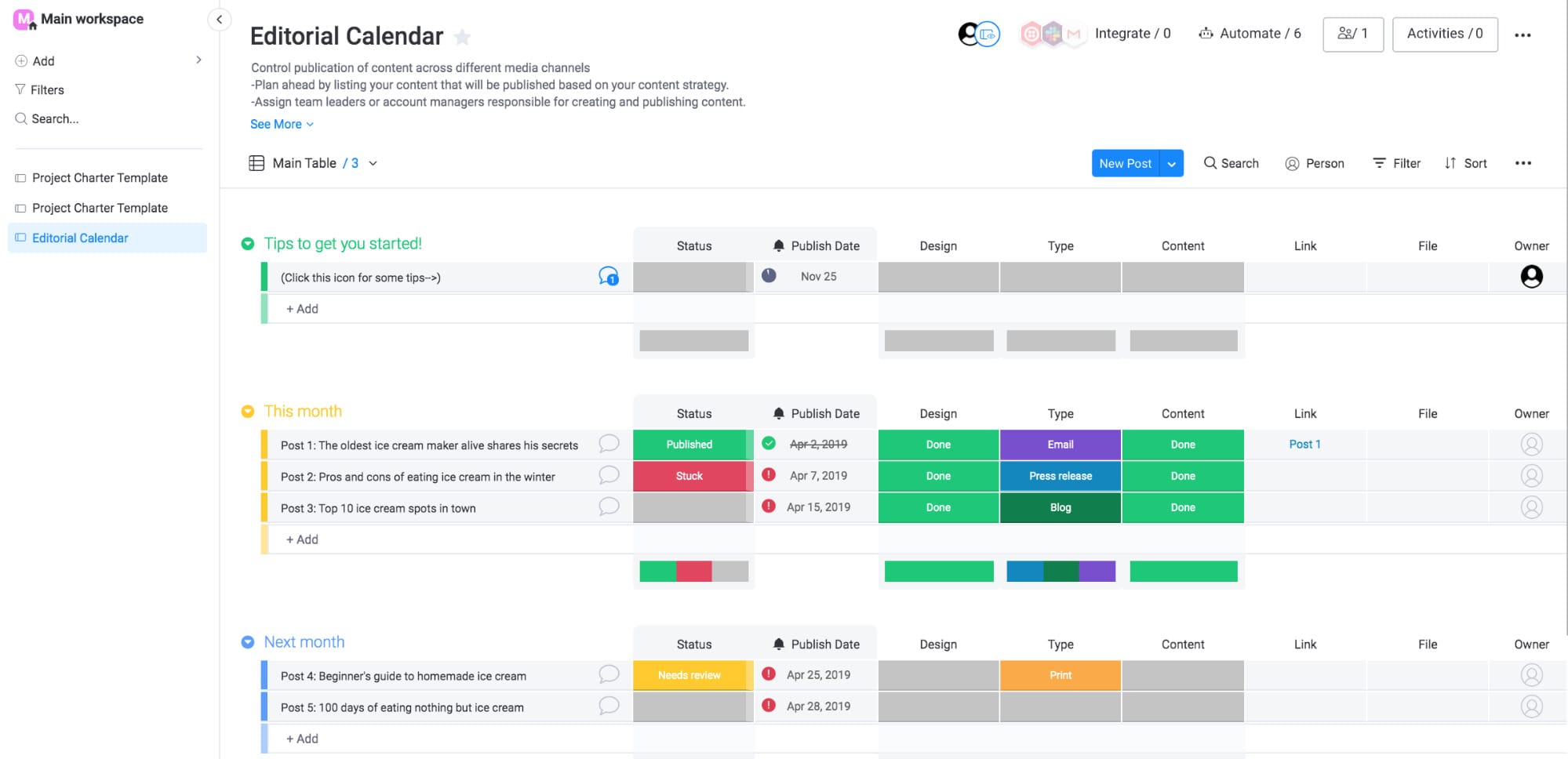
Monday.com is a general-purpose project management tool that can be adapted for any HR professional use. It allows you to manage applicant pipelines with to-do lists, calendars, and communication boards.
13. SurveyMonkey: Candidate Feedback and Surveys
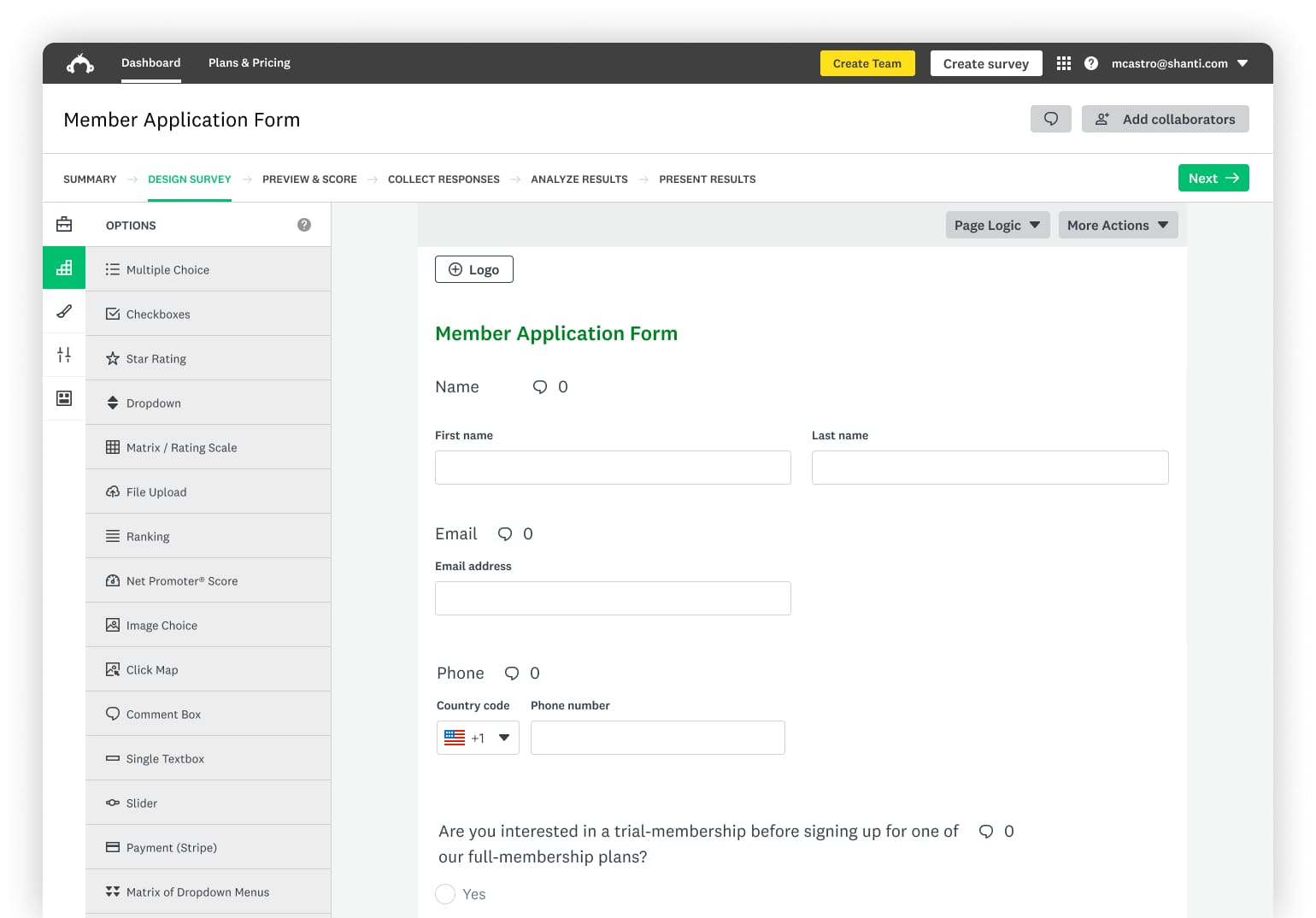
Through SurveyMonkey, you can collect relevant candidate feedback through customizable surveys and forms. Now, it was not designed for doing employee engagement surveys, so you could use an employee-to-employee reviews solution.
Automate your HR processes with All-in-One Tools
HR software can help you make the best out of your human resources tasks through automation. You can forget about role-playing as a data-entry clerk to have a good overview of your teams’ age composition. TalentHR provides a simplified solution for HR professionals, offering a single platform to efficiently manage your workforce, track specific employee data, and seamlessly onboard new hires.
Register now for free and automate HR tasks as soon as possible.
To learn more about how you can automate your own recruitment process lifecycle, visit TalentHR.
![3 Best HR Automation Tools to Save Time (And Money) [2025]](/content/images/size/w600/2025/07/3-Best-HR-Automation-Tools--2025-.png)

